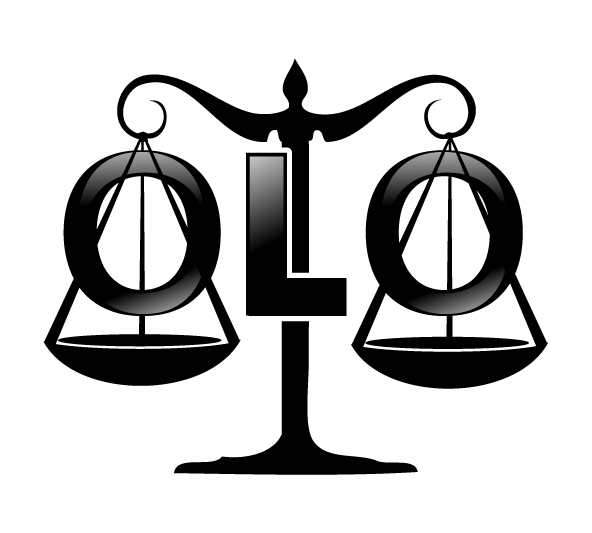Whether you’re a struggling business owner, a family facing unexpected medical bills or other expenses, or an individual regretting some of the financial decisions you have made, bankruptcy might be the answer for you. Bankruptcy can offer a lifeline to those drowning in debts from which they may never recover.
The United States Bankruptcy Code includes six different types of bankruptcy: Chapters 7, 9, 11, 12, 13, and 15. Each offers different benefits and has its own requirements. Choosing the right bankruptcy chapter for you is essential for your financial success. Going down the wrong path of bankruptcy can cause you to miss out on the benefits you are entitled to receive or to be unsuccessful in completing your bankruptcy. The best way to determine which type is right for you is to meet with a seasoned bankruptcy attorney who can advise you on the best route to take.
Bankruptcy 101
Chapter 7 and Chapter 13 are by far the most common types of bankruptcy options. Chapter 7 bankruptcy filers must meet certain requirements, but most individuals and married couples qualify to file one or both chapters. Chapter 11 is common among business owners and sometimes individuals. However, Chapters 9, 12, and 15 are specifically designed to help municipalities, family-owned farms or fishing operations, and entities across multiple countries.
Once you file for bankruptcy, your creditors must stop contacting you; they can’t call you or send you letters or emails. They also must immediately stop all collection efforts, including:
- Wage garnishment
- Bank levies
- Foreclosures
- Vehicle or other asset repossession

